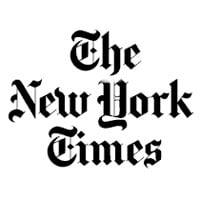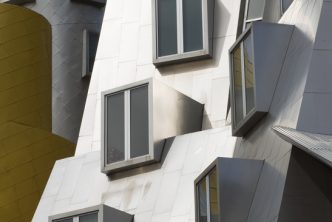The School of Humanities, Arts, and Social Sciences this week announced the recipients of inaugural MIT Human Insight Collaborative funds. Members of CMS/W are proud to be among them.
Professors Vivek Bald and Ian Condry were each awarded funding from the Humanities Cultivation Fund for their respective projects “Bengali Harlem’s Past, Present, and Future: Community Outreach, Engagement, & Impact” and “Spaces of Sound, Technology and Culture”:
Bengali Harlem’s Past, Present, and Future: Community Outreach, Engagement, & Impact
This project will unfold over a year of sustained and directed community engagement, using public screenings and discussions of Bald’s documentary film In Search of Bengali Harlem as a vehicle for: a) bringing diverse audiences together; b) collectively processing and discussing the multi-racial histories and intergenerational trauma revealed in the film; c) assessing these histories’ connections to and relevance for a present-day U.S. marked by xenophobia, anti-Asian/anti-immigrant violence, and, at the same time, an increasing number of Black-South Asian families and individuals (notably including presidential candidate Kamala Harris); and d) documenting and making available additional stories/oral histories from members of the “Bengali Harlem” community.
Spaces of Sound, Technology and Culture
The Sound Lab Unworking Group seeks to make connections across SHASS and beyond among people interested in using sound for teaching, research and performance. Our goal is to dissolve boundaries between disciplines, and to generate resonance and reverberations through immersive sonic explorations. This project is centered in the MIT Spatial Sound Lab, a community studio for making immersive audio, housed in W20-429. We are planning a series of meetups and events to bring together faculty, students and local artists for listening, discussion, and networking.
And Professor Eric Klopfer, Writing and Communication Center director Elena Kastellinova, and lecturer Michael Maune each received SHASS Education Innovation Fund grants.
Klopfer won for “Holistic STEM Education @ MIT: Preparing Empathetic, Resilient Designers and Innovators”:
We will convene teaching staff across MIT to design new curriculum modules, tools, active-learning-in-community projects, and transformative experiences to holistically prepare MIT students with human skills and human-centric mindsets, so that they can be effective collaborators, compelling communicators, values-oriented solvers, responsible makers, empathetic designers, and resilient change-makers. We call this holistic STEM education. We are running early experiments in two identified courses. By the end of this 12-month planning period, we will write a full proposal to implement these innovations in two courses and articulate a plan where these will be measurable, sharable, transferable, and sustainable.
Kastellinova will launch the “Writing and Communication Center Public Speaking Certificate Program”:
A 2023 survey by the MIT Writing and Communication Center (WCC) and the English Language Program revealed that 47% of 995 MIT graduate students experience anxiety about oral communication. To address this need, the WCC will develop a Public Speaking Certificate Program for graduate students. This program will include a six-session course, public speaking clinics, individual consultations, and practice at the public speaking studio. Facilitated by WCC lecturers, it will enhance students’ oral communication skills and provide professional development. With thorough pre- and post-program assessments, we aim to make this a regular resource for MIT students.
And Maune, based in our Writing, Rhetoric, and Professional Communication program, will create the “Teaching-Oriented Corpus Interface”:
Analyzing exemplar student texts is a best practice in writing instruction, but it is difficult to accomplish given the logistics of acquiring student texts that are free, easy to find, and appropriate for a writing lesson. To address this problem, the Teaching-Oriented Corpus Interface (TOCI) aims to provide writing instructors access to a corpus of college student writing–namely, the British Academic Written English corpus–through a simple web interface that enables easy search and downloading of student texts based on discipline, genre, and grade level. Analyzing these texts can help students learn effective writing in many disciplines and genres.
Hearty congratulations to all five winners!





